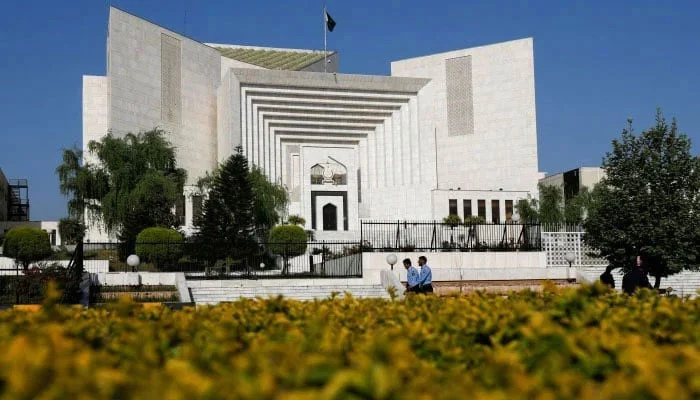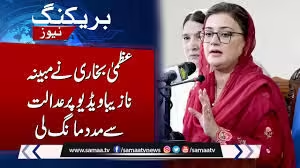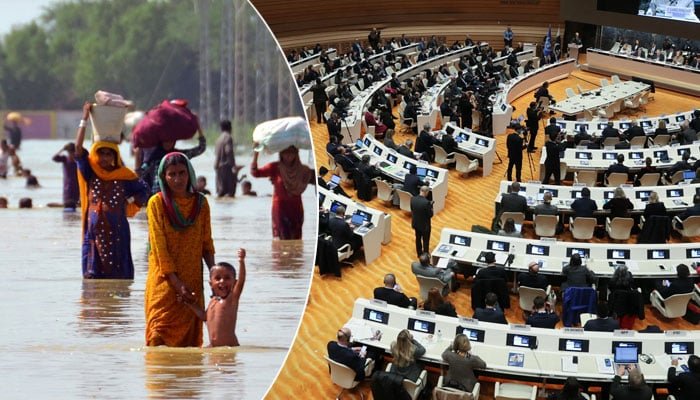A legal battle has ensued in Islamabad over the Practice and Procedure Act, with Khawaja Tariq Rahim, representing the Muslim League (Q), filing statements in the Supreme Court asserting that Parliament does not have the authority to regulate matters within the purview of the Supreme Court.
In response to a case against the Practice and Procedure Act, Khawaja Tariq Rahim, the counsel for the petitioner Raja Aamir, submitted a reply in the Supreme Court. Rahim’s contention is that the division of powers regarding the Chief Justice’s authority should be declared void by the Supreme Court, and amendments cannot be made to the law governing the independence of the judiciary.
The reply argues that interfering in judicial matters by Parliament constitutes a breach of the constitutional separation of powers. Parliament cannot alter the procedure laid down in Article 184/3, which empowers the Supreme Court to exercise its jurisdiction. The petitioner’s counsel, Khawaja Tariq Rahim, further emphasized that while Full Court Rules of 1980 can be amended, Parliament cannot legislate to regulate matters under the Supreme Court’s jurisdiction.
The legal challenge also raises questions about the right of the petitioners to challenge the law. The petitioners include lawyers and journalists, who have the right to challenge violations of fundamental rights. The issue highlights the importance of differentiating between the powers of the High Courts and the Supreme Court, as the High Courts cannot legislate or amend laws concerning the Supreme Court.
On the other hand, the Muslim League (Q) has moved to reject the petitions against the Practice and Procedure Act. They contend that these petitions should be dismissed outright.
This legal battle underscores a crucial constitutional issue in Pakistan – the separation of powers between Parliament and the Supreme Court. The outcome of this case could have significant implications for the regulation of judicial proceedings and the autonomy of the judiciary in the country. As the legal proceedings continue, it remains to be seen how the Supreme Court will interpret the constitutional boundaries between Parliament and its own jurisdiction in matters related to practice and procedure.



